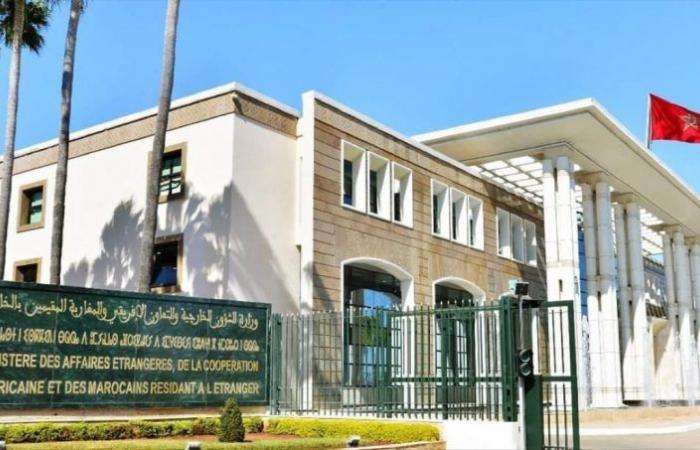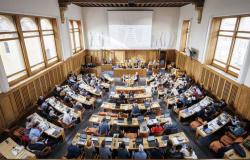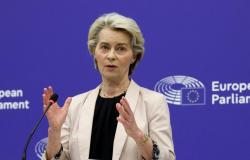JavaScript is disabled! Why you want to do so? Please enable JavaScript in your web browser!
This resolution comes in a context marked by the irreversible trajectory imprinted by King Mohammed VI on the issue of the territorial integrity of the Kingdom, through the growing support of permanent members of the Security Council and influential countries for the Moroccan character of the Sahara and L’Moroccan Autonomy Initiative and the continuation of withdrawals of recognition from the pseudo “SADR”, specifies the ministry in a press release.
The resolution, adopted today, preserves all of Morocco’s achievements. It also introduces new important elements for the future development of the issue within the United Nations, underlines the same source.
Indeed, the new text establishes the framework, the parts and the purpose of the political process. Thus, the Council once again recalls that the round tables constitute the one and only framework for achieving a political solution to the regional dispute over the Moroccan Sahara.
Additionally, the resolution clearly identifies the parties to the dispute, including Algeria which is cited in the resolution as many times as Morocco. Likewise, the Security Council reaffirms that the political solution can only be realistic, pragmatic, sustainable, and based on compromise, of the cardinal elements of the Moroccan Autonomy Initiative, the preeminence of which has been reaffirmed.
Moreover, resolution 2756 marks two important developments which reinforce the position of the Kingdom:
In the first addition, the Council “welcomed the recent momentum and urged that we build on it.”
Therefore, the Council endorses the international dynamic experienced by the Moroccan Sahara issue under the leadership of the King, Mohammed VI in favor of the Moroccan character of the Sahara and the Moroccan Autonomy Initiative, adds the press release, noting that from now on , the action of l’HIM can only be part of this dynamic.
The second addition concerns the Security Council’s call to other parties “to avoid acts that could compromise the political process”, observes the ministry, noting that the Council is, thus, echoing the clear official position of the Kingdom , stressing that there can be no political process without respect for the ceasefire.
Noting that today’s resolution was adopted by 12 votes in favor, 2 abstentions and the non-participation of the neighboring countrynon-permanent member of the Security Council, the press release underlines that this non-participation demonstrates the isolation of the position of this country within the Security Council and the international community in general.
It also blatantly reveals its contradictions: it claims to defend international legality, Security Council resolutions and UN efforts, while refusing to support these same efforts and clinging to an obstructionist logic.
As King Mohammed VI reaffirmed in his speech on October 11, on the occasion of the opening of the session of Parliament: “This development supports the efforts deployed within the framework of the United Nations to lay the foundations of a political process which should lead to a definitive settlement of this question within the framework of Moroccan sovereignty”, the press release concludes.
READ ALSO:
Despite a final Algerian maneuver, the UN resolution on the Sahara adopted by a large majority
Do you have a real estate project in mind? Yakeey & Médias24 help you make it happen!
© Media24. Any reproduction prohibited, in any form whatsoever, without written authorization from the Société des Nouveaux Médias. This content is protected by law and in particular law 88-13 relating to the press and publishing as well as laws 66.19 and 2-00 relating to copyright and related rights.






